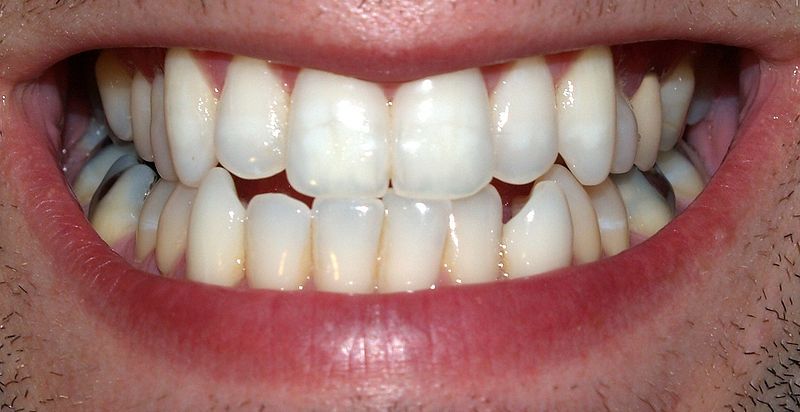-
 Class III antiarrhythmics
Class III antiarrhythmics
-
 Neutron star
Neutron star
-
 Minerva
Minerva
-
 Hydrometeor
Hydrometeor
-
 Selectron
Selectron
-
 Measles virus
Measles virus
-
 Nematocyte
Nematocyte
-
 Curare
Curare
-
 Viral culture
Viral culture
-
 Symplast
Symplast
-
 Gluon
Gluon
-
 Acromegaly
Acromegaly
-
 RFT
RFT
-
 Solid state laser
Solid state laser
-
 GPU
GPU
-
 Wigner effect
Wigner effect
-
 Altruism
Altruism
-
 Rhesus macaque
Rhesus macaque
-
 Discharge height
Discharge height
-
 Bird call imitation
Bird call imitation
-
 Ikeya-Seki comet
Ikeya-Seki comet
-
 Voice recognition
Voice recognition
-
 Air conditioning
Air conditioning
-
 Force couple
Force couple
-
 Omnivore
Omnivore
-
 Frenulum
Frenulum
-
 Angelica
Angelica
-
 Conflict
Conflict
-
 Mod
Mod
-
 Common juniper
Common juniper
Saliva
Saliva is a liquid secreted by the salivary glands which is intended to moisten the mucosal membranes of the mouth and begin to digest foods.
Composition of saliva
Daily secretion of saliva varies depending on the individual from 500 to 1,200 millilitres and is a reflex action (through contact with food, and following a smell, or a memory). Its main component is water (99%), although saliva also contains ions (sodium, potassium, chloride, etc.) and organic components. It contains urea, glucose, hormones, RNA and many proteins, particularly digestive enzymes (amylase, lipase).
Function of saliva
The function of saliva is to moisturise and protect the buccal mucosal membranes and the teeth (by preventing caries and other infections). It also prepares food to pass into the oesophagus and into the digestive tract in general by wetting the food and beginning to digest it.
 Saliva also protects teeth from caries. © David Shankbone, Wikimedia, CC by-sa 3.0
Saliva also protects teeth from caries. © David Shankbone, Wikimedia, CC by-sa 3.0
Latest
Fill out my online form.



